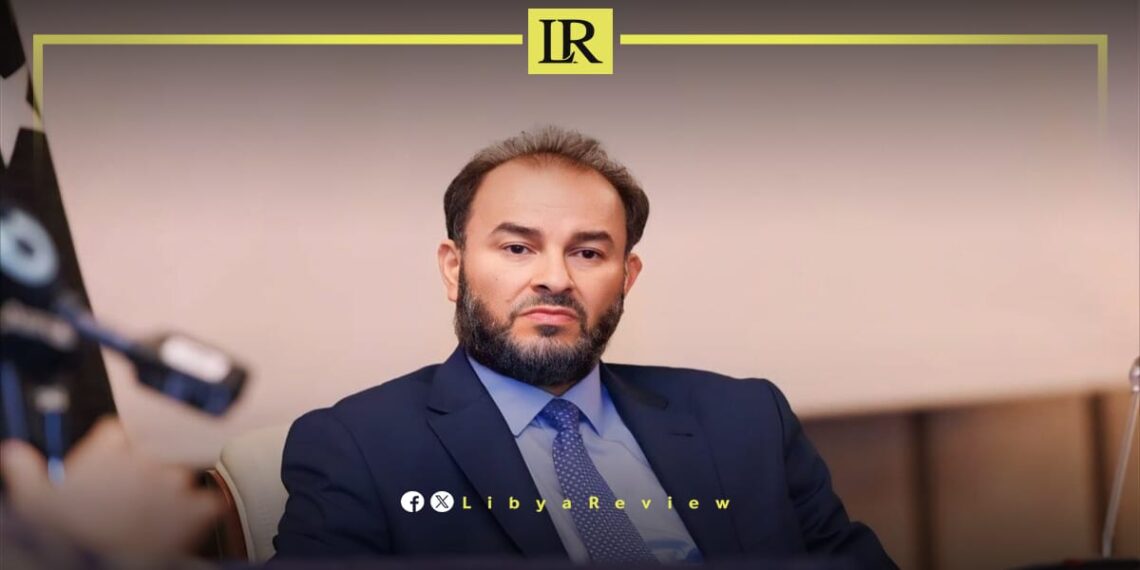The second deputy of Libya’s High Council of State (HCS), Omar Al-Obaidi, has urged the United Nations to facilitate a direct dialogue among political factions within the council. His appeal aims to address the division that has paralysed the HCS and disrupted Libya’s political process.
In a press statement, Al-Obaidi stressed the importance of reunifying the council through a consensual approach, similar to the UN-led initiative that unified the Central Bank of Libya. He highlighted how the ongoing fragmentation within the HCS has halted political activity and diminished its role entirely.
Al-Obaidi called on all HCS members to work collectively towards restoring unity and reviving the political process. He also emphasised the necessity of a Libyan-led dialogue involving all relevant political actors to pave the way for long-overdue elections.
The appeal comes as Libya continues to grapple with political gridlock and division between its rival administrations in the east and west. The High Council of State, once a key body in facilitating political agreements, has been largely sidelined due to internal disputes.
Observers see Al-Obaidi’s proposal as a potential step toward resolving Libya’s political crisis, though challenges remain in bridging the deep divides within the council. The United Nations has yet to respond to his request, but the call aligns with its broader efforts to stabilise Libya and guide the country towards democratic elections.
The HCS deputy’s remarks reflect growing frustration among Libyan leaders and citizens over stalled progress in addressing the country’s governance and unification issues.


